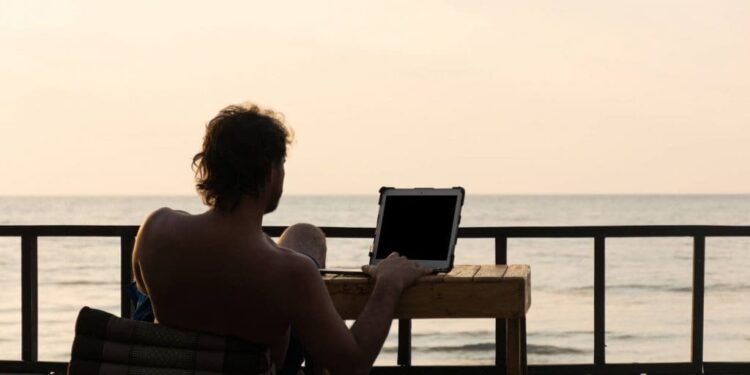Digital nomadism, remote work, location independence — whatever you want to call it, it’s hot right now. COVID has changed what “the office” means and people around the world are waking up to something those of us who have long worked online, especially in the digital creator space, learned ages ago: working from anywhere is pretty damn awesome.
This Article is Free for Subscribers
Access 2000+ premium insights, visa updates, and global lifestyle stories all in one place. <div> For Subscribers, Login here
Login if you have purchased



































